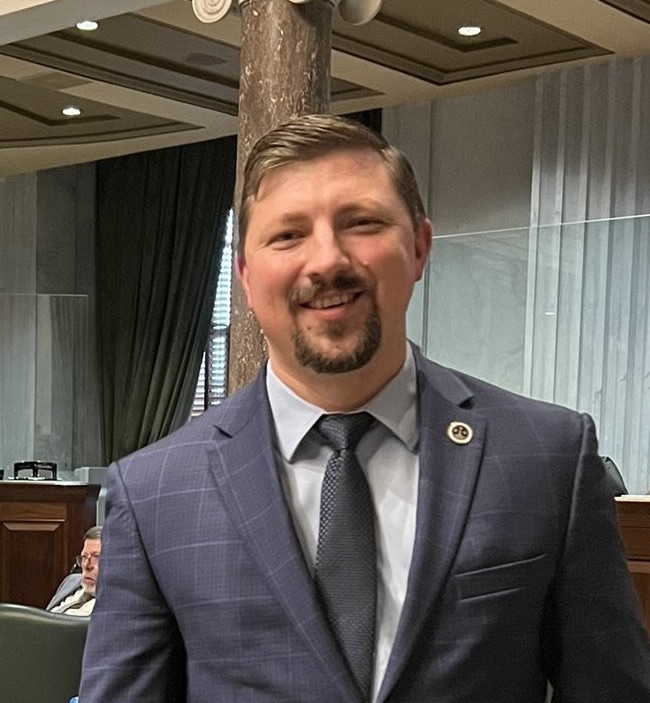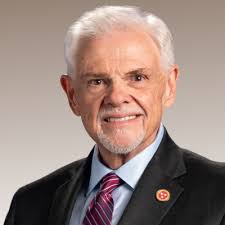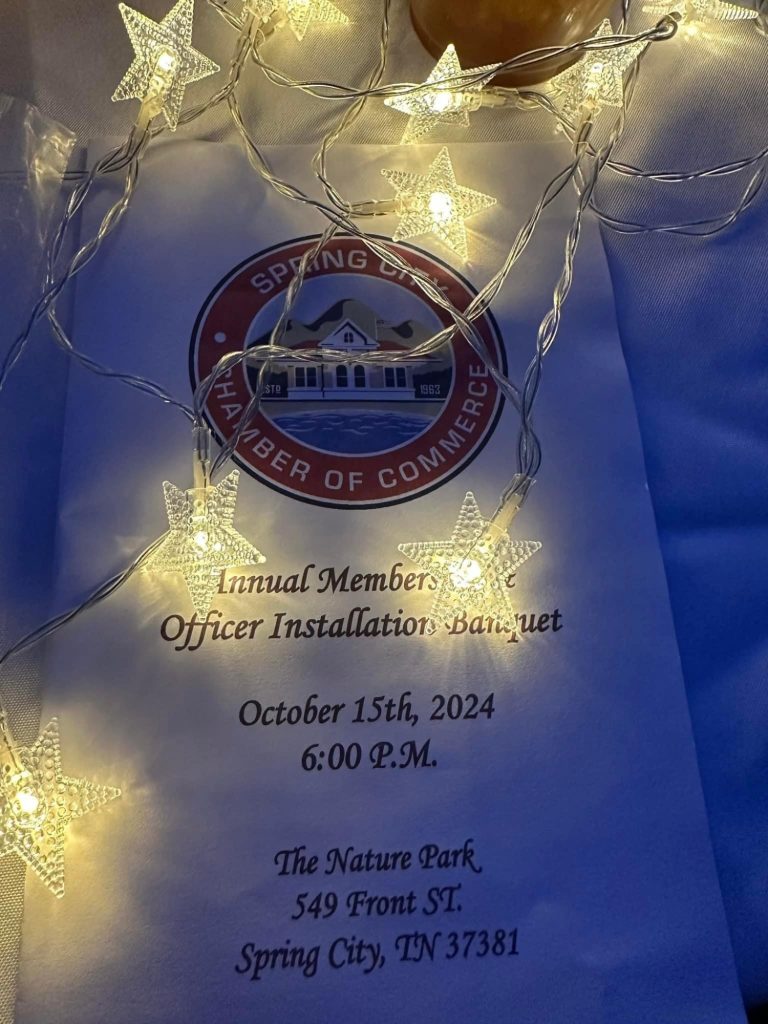
This OPED was submitted by our State Senator, Dr. Adam Lowe:
Dr. J. Adam Lowe
State Senator, District 1
(423) 255-1710
FOR IMMEDIATE RELEASE- 2.29.23
The State of School Choice
Calhoun, TN- Since joining the legislature just one year ago, Tennessee has engaged in some of the most robust debates of our time. I have been told by numerous predecessors that it is difficult to recall a season like we have experienced. The 113th General Assembly has taken charge of issues on tax reform, public education funding, community violence, child protection, substance abuse, and state-wide economic growth in a time of hyperinflation. The addition of reformative discussions in school choice seems to be right in line with the temperament of the legislature to run head-on into controversial topics.
The Current Condition
Behind all of the rhetoric and the exhaustion from previous legislativechallenges, school choice is an idea that deserves discussion. What is school choice? What are the benefits? Is this something that is good for Tennessee?
It has been difficult to have these discussions constructively due to the political interference of many who proceed with preconceptions and rhetoric. The buzz words prevail. “Voucher scam”, “government interference”, and other toxic labels seek to elicit emotional responses from the public, not measured consideration. Some have even gone as far as to accuse school choice proponents of committing government fraud. It is apparent that many are entrenched in long-held opinions around the issue. In fact, the majority of letters released by school boards, directors, and the public that were in opposition to the bill came before it was available to read. Needless to say, assumption and assertion have impeded true discussion.
As we began the talks around providing a public fund for families to use for educational freedom, I made it a point to meet with the various stakeholders in the space including public school officials, private school officials, homeschool educators, and parents. My questions were simple. What are the possible impacts of a choice program? What is the desire for one? What does it mean for my district? The feedback was as expected. Parents want more freedom. Schools want to protect the progress of students that remain in public education.
We now effectively have two working drafts of the opportunity scholarship legislation proposed by the governor. The differences in the state senate and state house versions can be found in the proposed amendments to the legislation. Each version is evolving as it moves through the various committees and could ultimately be altered inconference between the body after session. The final form is still unknown but what we do know is that there is a pot of money being created for the use of some to pursue educational opportunities outside of their zoned public school system. How much money and eligibility requirements both for use and receipt are still being massaged in each chamber.
My Position
I have long a been a proponent of educational choice since I completed my doctoral dissertation on the topic more than a decade ago. When I ran for office, I openly supported the merits of empowering parents with educational freedom, and I have attempted to positively influence the evolution of this legislation. I believeschool choice begins with healthy public schools and Tennessee has certainly made that investment in recent years. Since 2018, we have increased public educational funding by more than $1.5 billion. This year alone, the increase to public education is more than $100 million MORE than what has been proposed for the opportunity scholarship. It seems that Tennessee is in a position to support educational choice while also assuring we do not lose stride on the investments we have made in public education.
However, the present environment in Nashville has not created an optimal environment for good reform. Some of those opposed to the measure have turned to dishonest narratives and fear tactics. Some of the groups pressing for the reform seem to be willing to settle for passage of a subpar version in order to “move the needle” on the issue. Meanwhile, a handful of legislators are working to generate a reform that matters for families in the state. I believe that most legislators are waiting to see the final version before committing to a vote, but we have come to a point where more legislators need to begin sharing what elements are important in that consideration.
I am not immune from such deliberations and for clarity, will share the standard whereby I will judge any final legislation around school choice or opportunity scholarships.
1. The program be an independent fund and not raid public educational coffers for financial support.
2. The program must respect the autonomy of private schools and homeschool networks and not obligate them to any additional testing or evaluation.
3. The program must be true, universal choice by allowing familiesto use the scholarship to attend ANY school of choice, even if it is another public school and not restrict choice to just private schools.
4. The program must include opportunities for the working/middle class and not isolated to only low-income families.
5. The program must be financially sustainable.
I believe that our best reform will come with this standard. It can create opportunities for educational choice statewide, even in communities where there is not an accessible private school option. It can continue the momentum we have in public education, even allowing for competitive fairness by well-performing public schools to benefit from opportunity dollars. Lastly, I hope this encourages my colleagues in both the legislative and educational spaces to abandon the toxicity of rhetoric for the goodwill of marrying the needs of public education with the desires of families pursuing educational liberation. It is a worthy endeavor.
This article was written and submitted by Dr. Adam Lowe. You can reach him for comment at Sen.Adam.Lowe@captiol.tn.gov






